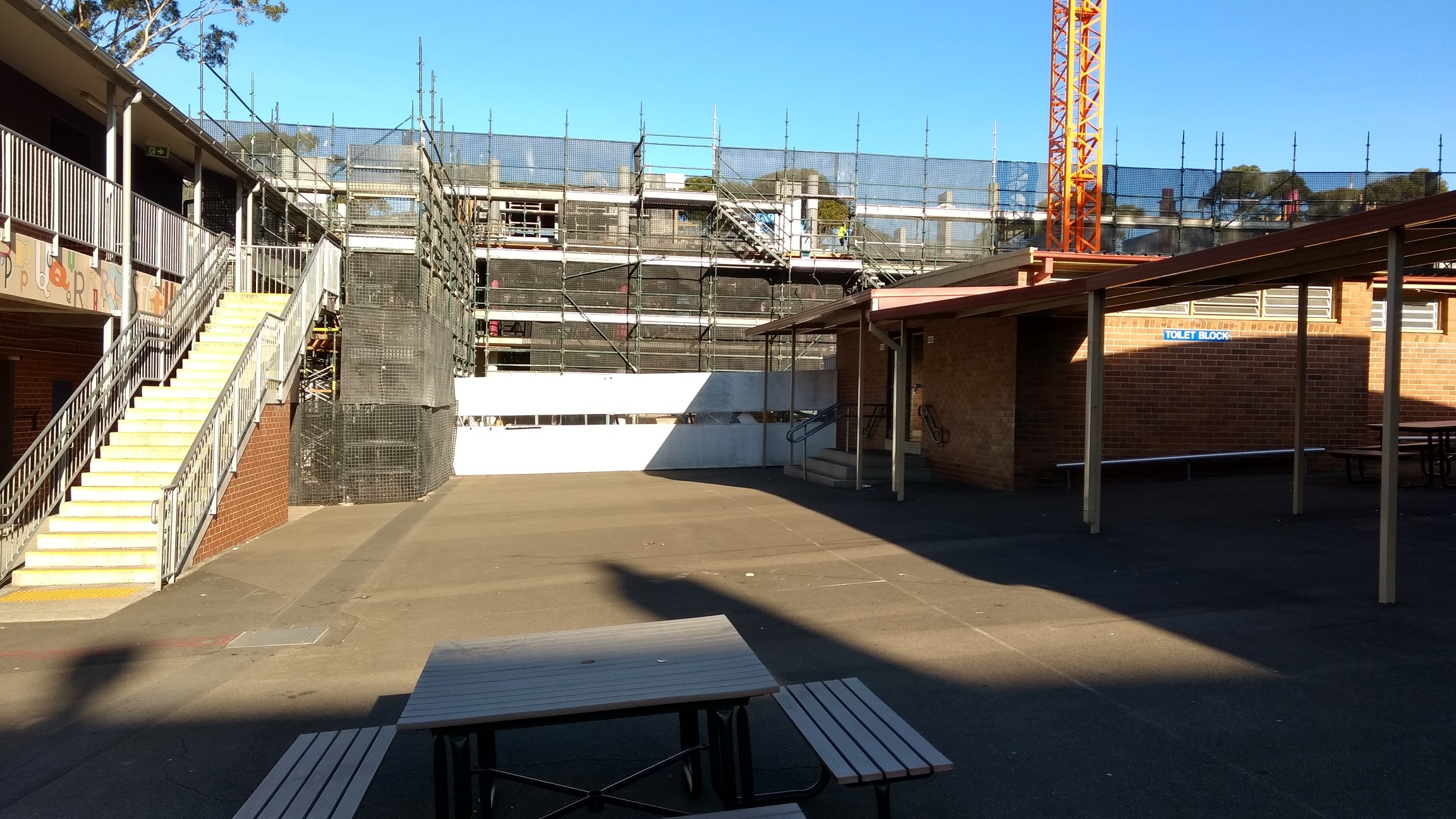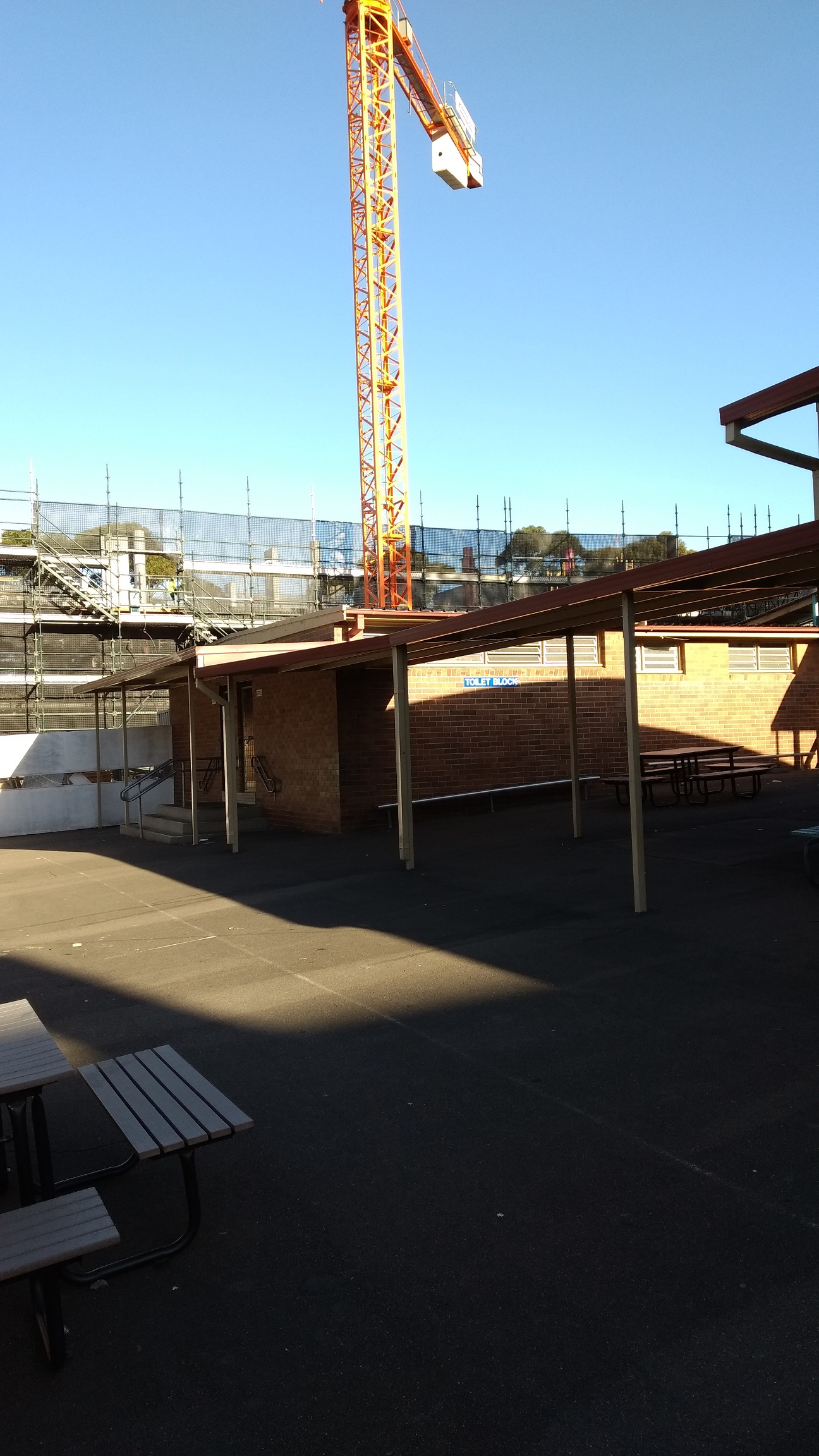The original article Selective Entry Test To Be Overhauled Amid Coaching Concerns is on SMH. There had been a lot of huffs and puff selective high schools in NSW and how coaching confers unfair advantages. The central idea is that selective high schools in NSW are becoming pay to win, this is not entirely true at all. Selective schools in NSW achieve a high level of academic performance, not due to it has more funding or better teachers. It is solely due to the congregation of talented students and accompanying “Tiger” parents. Putting the same set of students and their parents into another school it will do equally well. Selective secondary schools do not really confer real advantages other than the congregation of students of similar academic performance level and like minded parents as well.
We got the fairly unique system of public and private school in Australia, where students can be paying 30k plus per year and yet the school in question still receive significant Federal government funding. Do we consider this is a form of pay to win as well? There are plenty of different form of coaching happening in our life not the just academic side of things, music, sports etc are just some of it. The fact that some parents can afford to pay for private coaching lessons for music and sports, does that consider as pay to win as well?
Let’s consider different solutions to this issue, change the test format as suggest in the article
The government’s review will look at replacing the selective schools test with “computer-adaptive IQ tests that assess cognitive skills, student work portfolios” or “problem-solving tasks that rely more on higher-order and critical thinking skills”, Mr Scott said.
This alters the format of coaching, it still can be prepared, anybody says otherwise is just fooling himself.
Second is introduce interview based acceptance, this not only expensive process and also grossly unfair as well. An interview is a subjective approach in nature and should not be used to address perceived issue such as this. I personally do not support secondary or tertiary school entrance selection based on interview process except in rare circumstance. Score based examination is still the fairest way of approach issue like we need to try to improve the educational outcome of the students from lower social economic background rather than just tinker with solutions that paper over the symptoms and just ignore the cause.
The third is reserve some space for local students, this just papers over the issue and don’t really go to core why this phenomenon is happening. Some parents will just buy into the whatever catchment the “Desired” school in question and this becomes even bigger pay to win scenario.
Lastly, even if we abolished the selective schools altogether, the schools with students from high socio economic background will just do better. Thus we need to fix the fundamental cause of Australian school system that resulted in this issue, not just replace arguably more useful traditional test with the new style IQ ones that can be prepared as well. We need to fix the funding and examine why we in such a unique position in the world with so many students in the private system. If a bunch of first or secondary generation immigrations can succeed and educate themselves in Australia, why can we do that for a large proportion of our society? When we have answered this question, maybe we can better devise a solution to the issue that we are facing.
Share this post:

